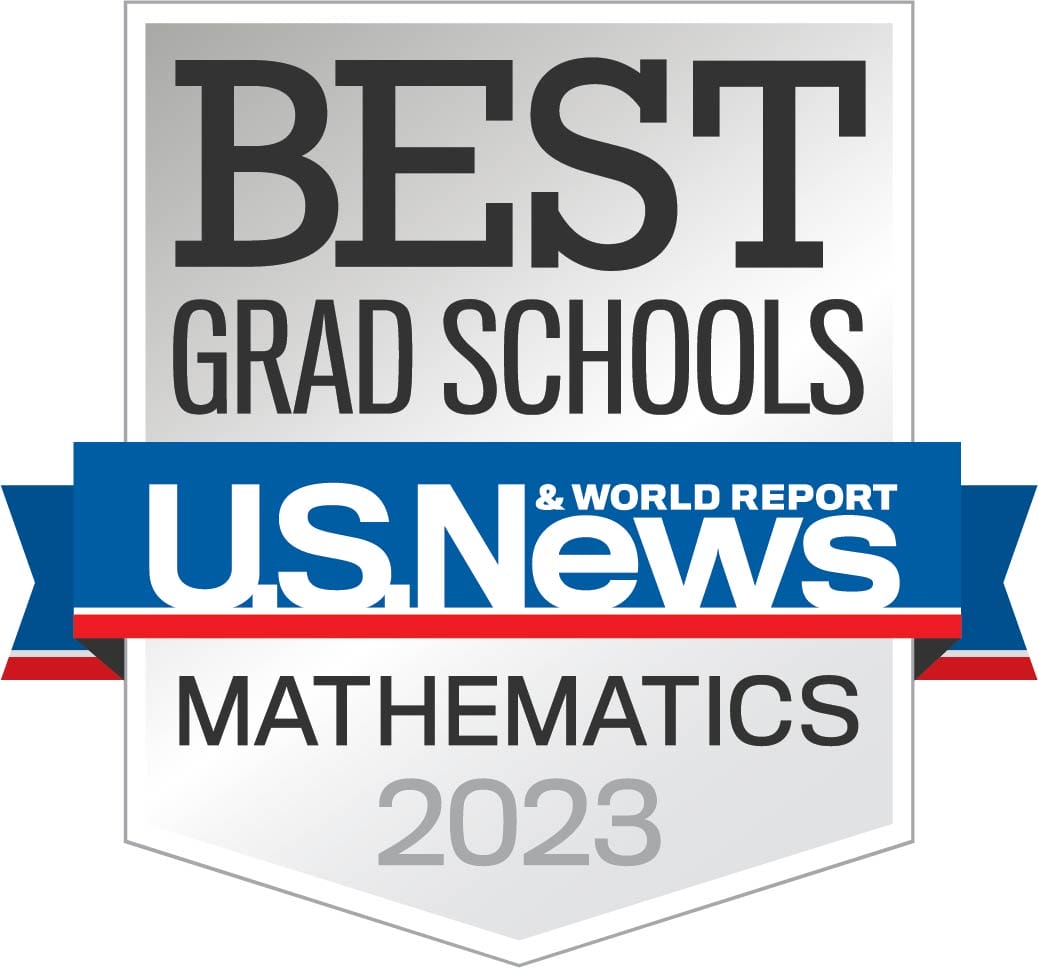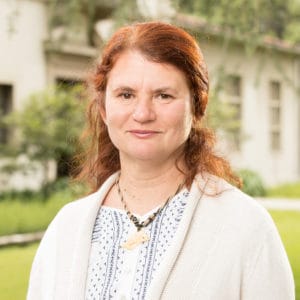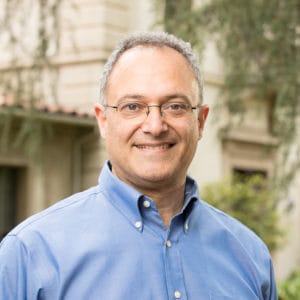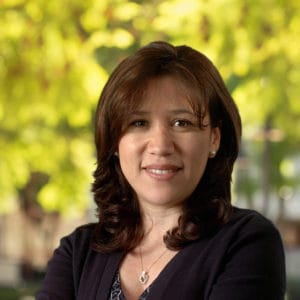View All Mathematics Courses
Degree Requirements
A minimum of eight courses (32 units) of graduate math coursework is required, including four core courses (16 units) and two restricted electives (8 units). Students who lack the prerequisite undergraduate coursework may be asked to complete more than 32 units. At least 20 units of coursework must be gamma courses (300-level and above). A grade of B- or above must be earned in gamma courses.
Students in the master’s program in mathematics, computational and applied mathematics, and statistical sciences may convert one 200-level (beta) course to gamma credit. At the discretion of the IMS Director, in consultation with the student’s academic advisor, more than one conversion may be approved in exceptional cases.
Core Courses: 4 courses (16 units)
At least one core course must be selected from each category.
- Statistics
- Math 352 Nonparametric and Computational Statistics
- Math 353 Asymptotic Methods in Statistics with Applications
- Math 355 Linear Statistical Models
- Machine Learning
- Math 454 Statistical Learning
- Math 462 Mathematics of Machine Learning
- Math 364 Machine Learning for Asset Pricing
- Applied Statistics
- Math 359 Computational Statistics
- Math 466 Advanced Big Data Analysis
- Math 452 Large-scale Inference
- Math 366 Data Mining
Restricted Electives: 2 electives (8 units)
Two restricted electives can be chosen from either the list of core courses, or the following list (not all these courses are offered every year)
- Math 251 Probability (prerequisite for Math 252)
- Math 252 Statistical Theory (prerequisite for all 300+ level statistics courses)
- Math 256 Stochastic Processes
- Math 293-393 Mathematics Clinic
- Math 306 Optimization
- Math 351 Time Series Data Analysis
- Math 365 Statistical Methods in Molecular Biology
- Math 389 Advanced Topics in Mathematics (if appropriate, with advisor’s approval)
Unrestricted Electives: 2 electives (8 units)
- Any CGU Math course
- CGH 301 Biostatistics
- Any relevant course from other programs (see below)
Independent Study
In lieu of one formal course, students may take Math 398 Independent Study with a research advisor leading to a publication quality technical report in an area of statistical/data sciences.
Subject to approval by their academic advisor, students working outside campus on mathematical/statistical projects may also use this professional experience as the basis of a Math 398 Independent Study. At most 2 units per semester can be acquired in this practical type of independent study.
Additional course option
Subject to approval by their academic advisors, students may choose as unrestricted electives one or two graduate courses from within other departments at CGU or at KGI in which statistics and/or machine learning are extensively applied. The fields may include Economics, Finance, Community and Global Health, Information Science and Technology, Evaluation, Education, Psychology, etc.
Accelerated Degree Option
Undergraduate students at the Claremont Colleges (Pomona, Scripps, Claremont McKenna, Harvey Mudd, Pitzer) can obtain a graduate degree on an accelerated track through the Claremont Graduate Scholars Program, working toward the master’s requirements simultaneously with the completion of an undergraduate degree. Up to 16 units of transferable credit can be earned upon admission to one of our master’s degree programs. Students are eligible for a minimum fellowship award of $6,500 per semester at CGU, based on 12 units of enrollment. Apply Here
Recent alumni of the Claremont Colleges (Pomona, Scripps, Claremont McKenna, Harvey Mudd, Pitzer) can obtain a graduate degree on an accelerated track through the Claremont Graduate Scholars Program. For alumni who have graduated within the past five years, up to 12 units of transferable credit can be earned upon admission to one of our master’s degree programs. See program-specific details for restrictions on applicable coursework. Students are eligible for a minimum fellowship award of $6,500 per semester at CGU, based on 12 units of enrollment. Apply Here
 The need for professionals trained in the mathematical techniques of machine learning is greater than ever. In this program, you’ll work closely with faculty who have extensive backgrounds in applied mathematics, data science/analytics, computational science, statistics, industrial modeling, and much more. In lieu of one formal course, students may conduct a semester’s worth of independent study with a research advisor that leads to publication of a quality technical report in an area of statistical/data sciences.
The need for professionals trained in the mathematical techniques of machine learning is greater than ever. In this program, you’ll work closely with faculty who have extensive backgrounds in applied mathematics, data science/analytics, computational science, statistics, industrial modeling, and much more. In lieu of one formal course, students may conduct a semester’s worth of independent study with a research advisor that leads to publication of a quality technical report in an area of statistical/data sciences.







